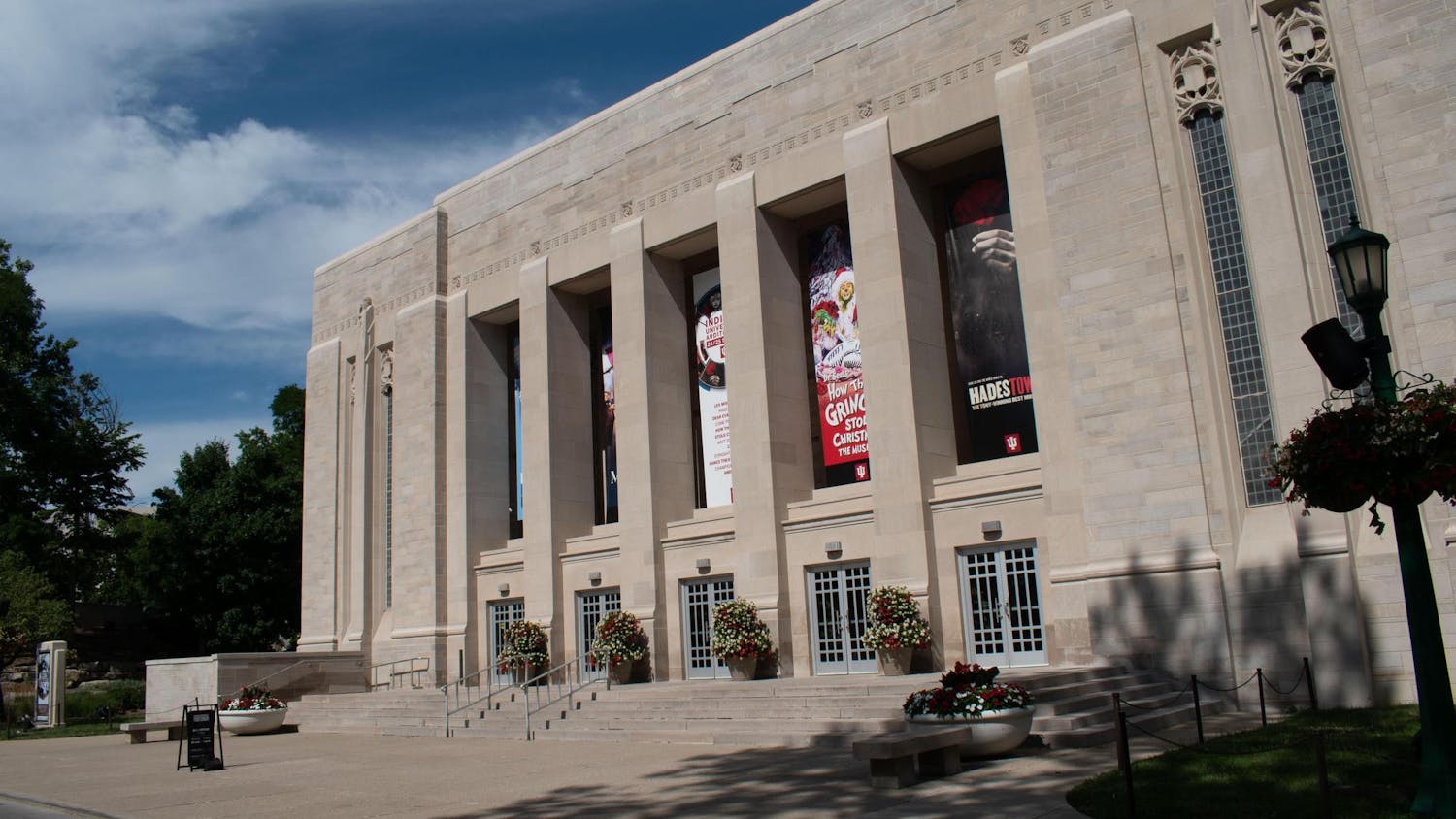This weekend folklore scholars from all over the United States and parts of the world will gather to celebrate a tradition that was first officiated at IU. In 1953, IU became the first university in the world to award a doctorate in folklore. \nThe recipient was Warren Roberts, who continued to stay at IU as a professor for the next 45 years. \n"He was a rather calm, dignified man who worked seriously," said University of Illinois Professor Bruno Nettl. "He was into singing folksongs at social events." \nRoberts and Nettl were classmates at IU during the early 50s. Roberts came to IU from Maine in order to study with the renowned professor Stith Thompson. \nOriginally teaching English when he came to IU in the 1920s, Thompson began offering classes dealing with folklore. He became famous for the "Folklore Institutes" he held every four years in the summer, inviting scholars and students from all over to study. Roberts was one of Stith's Institute students. At the end of the day, institute participants were invited to gather at Thompson's house where they would sing folk songs and play instruments. \nIn 1963, the Department of Folklore formed at IU. Since the time of Thompson's "Folk Institutes," IU has been a leader in folklore studies. \n"We have been like the mothership," said professor John McDowell, who heads the Department of Folklore and Ethnomusicology. He said many people who come to IU to study folklore leave to establish folklore programs at other universities. \nMost of the speakers at this weekend's conference studied at IU at some point in their lives. \nThe two keynote speakers of the conference will be Nettl and Dr. Martha Norkunas from the University of Texas. She studied folklore at IU in the 1980s. \n"There was a great feeling of comradeship," said Norkunas, who had the chance to study under Roberts. "The other students I studied with were brilliant, and they are now the directors and chairs of organizations and departments.\n"I have always liked material culture studies, but wished at the time that Dr. Roberts had been more aligned with cultural geography, and the sense of place/space thinking," Norkunas said. \nOne of the themes of the conference will be to look at how the study of folklore has changed over the years. \n"It's an opportunity to look back on where we came from and to demonstrate where we are now," said McDowell, who organized the conference. \nMany of speakers, like Norkunas, represent a different generation of folklore scholars than Roberts and Thompson. \n"The type of research Stith Thompson emanated is not as fashionable today," said McDowell, explaining that such is usually the case in research fields. "Each new generation brings a new approach to the subject matter." \nSome of the talks will include topics as diverse and contemporary as "The Art of Freestylin,'" "Women's Work on the Midwestern Farm" and "AIDS Stories in Ghana." McDowell said he hopes the conference will show people some of the significance of folklore study. \n"Folklorists aren't in a corner doing some obscure thing," he said. "Our work connects with important issues of the day."\nThe conference is titled "Words and Things and Music: Modes of Cultural Production." It is free and open to the public. There will be a lecture at 7:30 p.m. this Friday followed by a reception and "Hootenanny," in which people are encouraged to participate in singing and playing instruments. The Conference continues starting at 8:30 a.m. Saturday. Events will be held at Read Center. \nFor more information on the conference see www.indiana.edu/~folklore/conference.htm
IU's folklore legacy to be celebrated this weekend
Conference to honor 50th anniversary of folklore PhD
Get stories like this in your inbox
Subscribe





